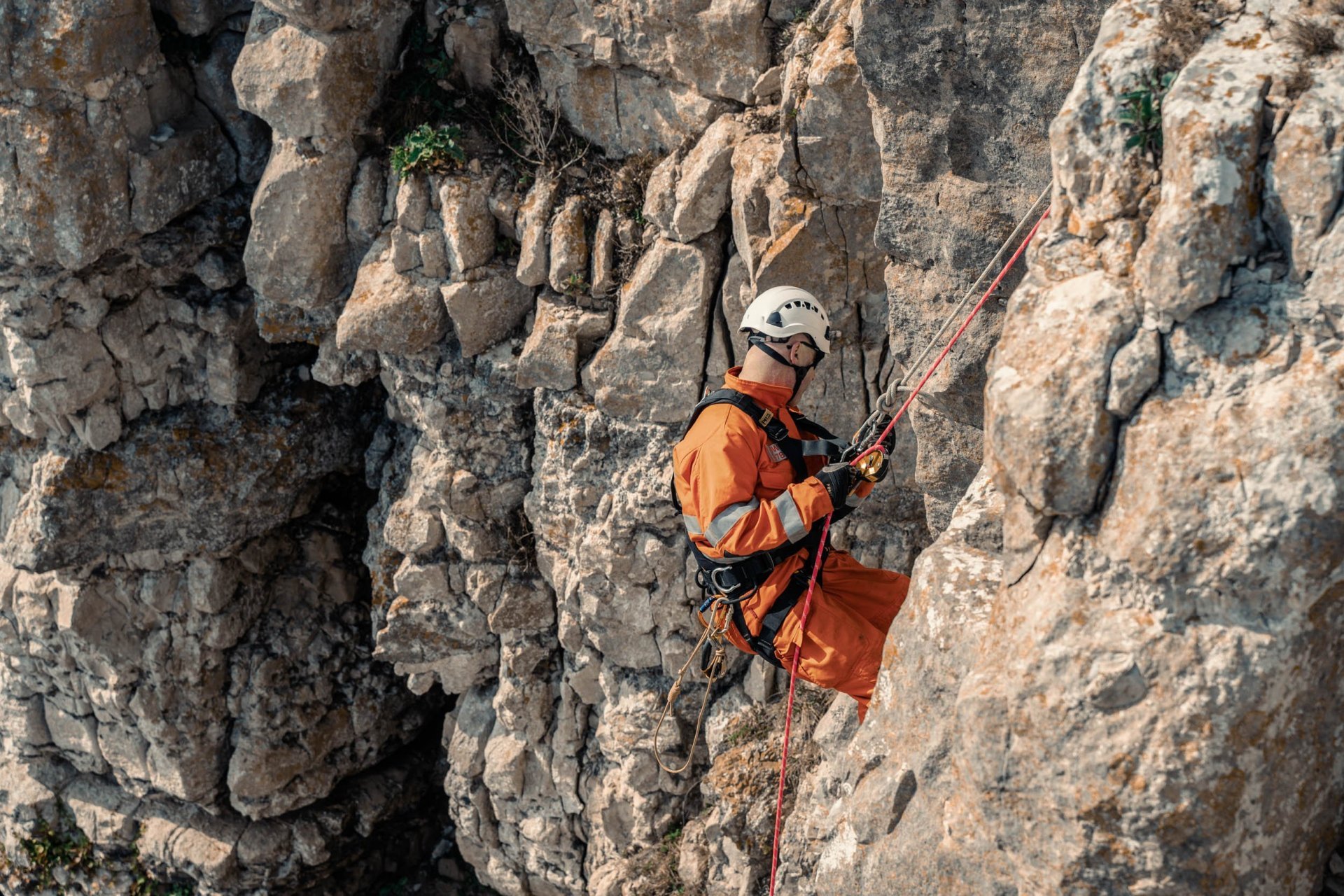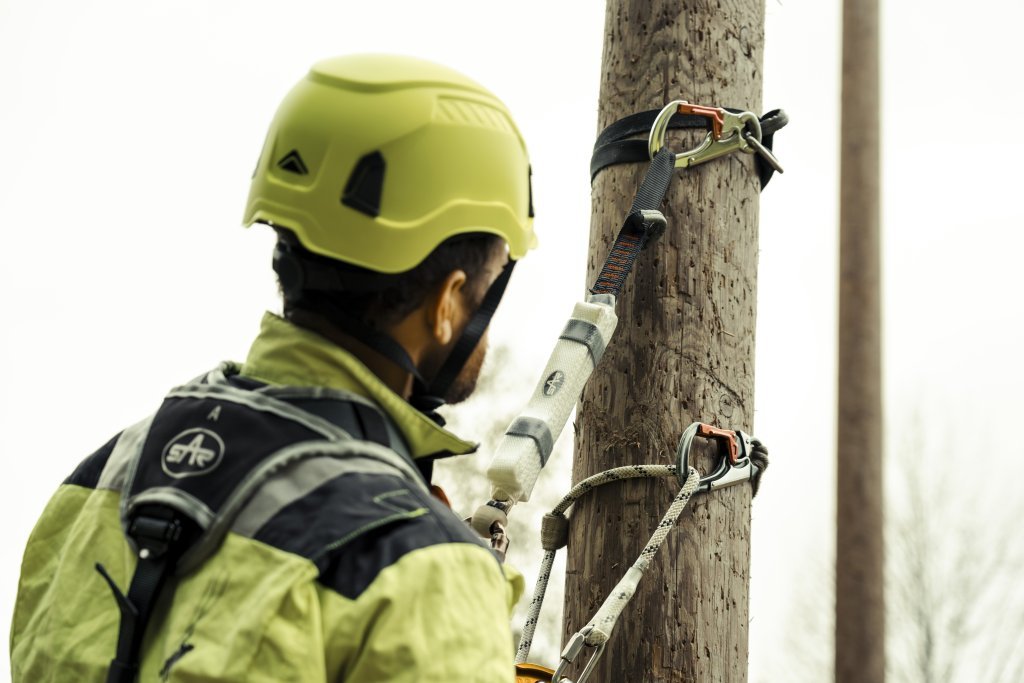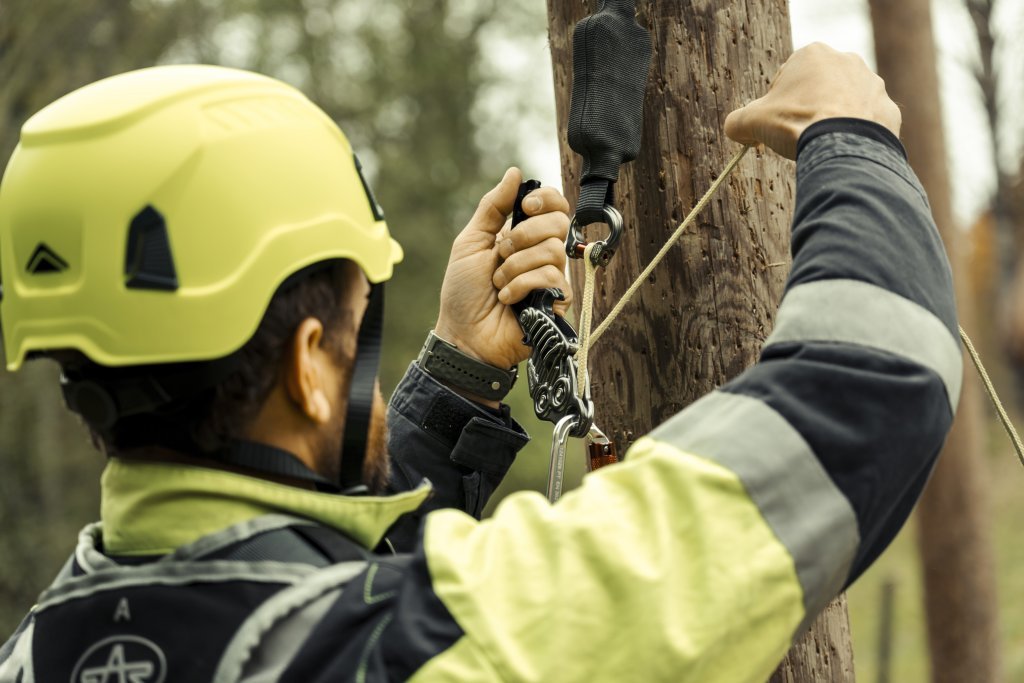
What is Annual Training
Annual descent involves practice and training in situations where the injured person is responsible for the descent themselves, or a workmate must take care of the descent.
Fortunately, situations requiring descent and rescue are rare, and for this very reason, it's also important to regularly (at least annually) practice and train for situations that may arise on a pole or mast.
Annual training, along with first aid, is an industry requirement for technicians working on poles according to FSH - § 7. AAK Safety AS has been conducting this training for many years for the energy and telecom industries and has developed its own method set and a descent line to meet situations requiring rescue and evacuation.
An annual training is not defined as a course, but a practice day/repetition to meet the requirements of regulation FOR 2006-04-28 no. 458; Regulation on safety in work and operation of electrical installations.
Contact us to arrange annual training.
Execution
In connection with training and in practicing rescue methods, the same requirements for protection level apply as for regular use of fall protection equipment. This means that everyone must have both active and passive protection at all times, including the person designated as injured.

Background
The Norwegian FSE (Regulations on safety in work and operation of electrical installations) was adopted on April 28, 2006, and came into force on July 1 of the same year, replacing the two previous regulations FSL (Regulations on safety in work and operation of low-voltage installations) and FSH (Regulations on safety in work and operation of high-voltage installations). The regulation is intended to ensure safety in work on or near, as well as the operation of, electrical installations by requiring that the activities be sufficiently planned and that necessary safety measures be implemented to avoid damage to life, health, and material values.
The regulation applies to work on or near electrical installations that are under voltage or are prepared to come under voltage, as well as for the operation of electrical installations. The regulation also applies to electrical installations under construction or dismantling even if they are not prepared to come under voltage if the installations can come under voltage in another way.
The FSE must be followed by the electrical industry and others who work near electrical installations. FSE only addresses the basics of the safety aspect. Therefore, FSE requires that network owners around the country have an operations manager, who has the overall responsibility for the power plant. The operations manager must develop Operations Manager's Instructions, which will be a tightening of the FSE where they set stricter requirements due to local conditions.
Regulation on Safety in Work and Operation of Electrical Installations
The regulation FOR 2006-04-28 no. 458 forms the basis for annual descent/practice in descent of a person in distress. This regulation is intended to ensure safety in work on or near, as well as the operation of, electrical installations by requiring that the activities be sufficiently planned and that necessary safety measures be implemented to avoid damage to life, health, and material things (§1 Purpose).
Excerpt from the guidance to § 7 — Overall planning
"The requirement that personnel should be given necessary training, practice, and instruction is considered fulfilled if this is repeated once a year, but more often if circumstances make this necessary. There should not be more than 12 months between each training.
Necessary first aid preparedness means that the personnel must also be given annual training in first aid and special training in first aid for accidents caused by electric current. In addition, the personnel working in aerial line facilities must be practiced in the descent of a person in distress in a mast. Such practice shall be carried out at least once a year."
Excerpt from the guidance to § 12 — Safety at the Workplace
"The purpose of the provision that there should be at least two people present during the establishment and dismantling of safety measures, and during work on or near high-voltage installations and on or near uninsulated energized low-voltage aerial line installations, is, among other things, that they should be able to assist each other in the event of an accident. This means that everyone in a work team must have knowledge about the installation, have knowledge of first aid, and, if necessary, be practiced in the descent of a person in distress in a mast. Furthermore, the second person should contribute to ensuring that safety measures are established and dismantled in a satisfactory manner."
Questions about annual training? Feel free to ask us.

